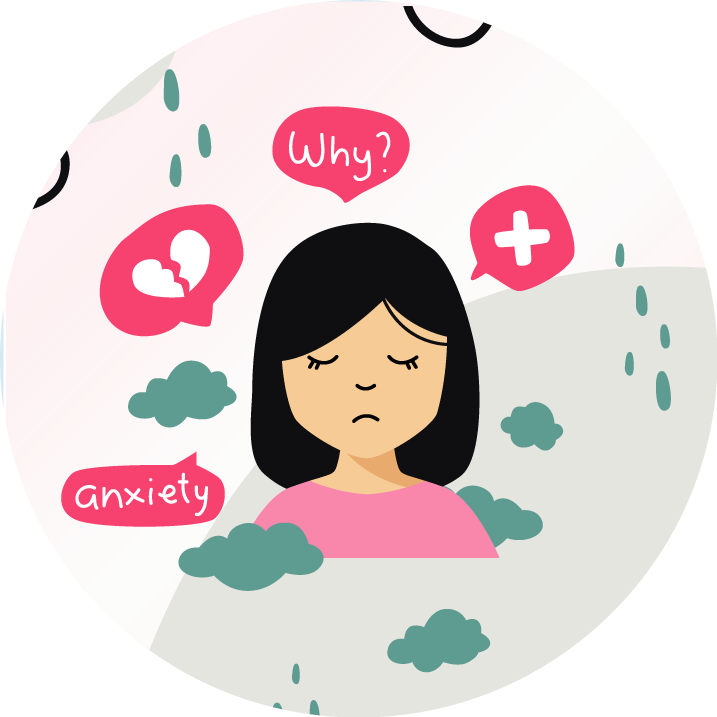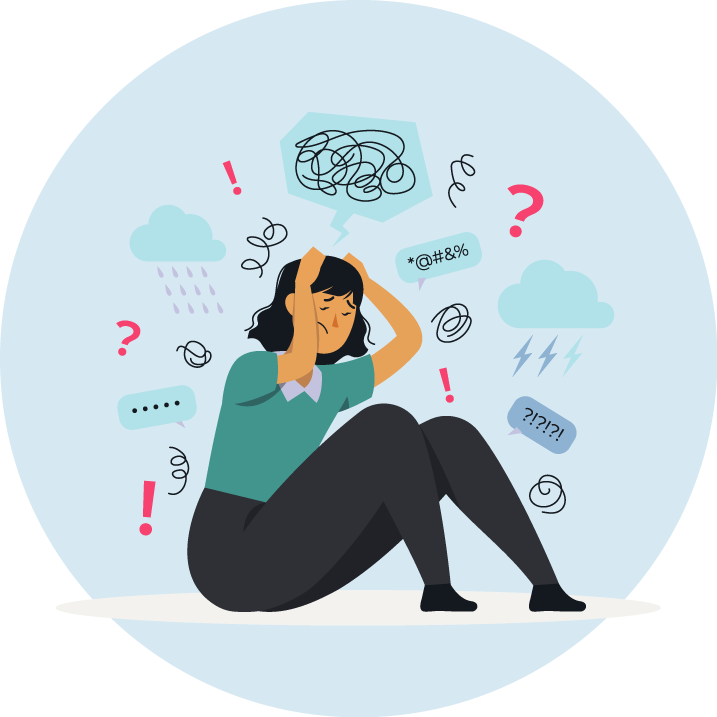Psychological Effects of Long-Term Singlehood – Pros and Cons

Psychological Effects of Long-Term Singlehood – Pros and Cons
July 24 2025 TalktoAngel 0 comments 470 Views
In a society that often idealizes romantic relationships, long-term singlehood is sometimes viewed through a lens of concern or pity. However, the psychological impact of long-term singlehood is multifaceted and not inherently negative. While being single for extended periods can lead to both challenges and benefits, its effects largely depend on individual circumstances, coping mechanisms, societal support, and personal values. This article examines the psychological benefits and drawbacks of long-term singlehood, illuminating how this lifestyle can impact mental health, emotional and physical health, and personal growth.
Pros of Long-Term Singlehood
1. Enhanced Self-Awareness and Autonomy
Individuals who spend considerable time single often develop a strong sense of self. Without the need to accommodate a partner’s preferences and expectations, singles may explore their identity more deeply and make life decisions based on personal goals. According to a study by Kislev (2019), individuals who are single report higher levels of autonomy and personal freedom, which are key predictors of psychological well-being.
This autonomy allows singles to build resilience, take risks in careers or education, and discover passions independently. Such self-directed growth can lead to greater long-term life satisfaction.
2. Stronger Social Networks and Community Engagement
Contrary to stereotypes, many long-term singles are deeply embedded in meaningful social circles. Being single often encourages individuals to cultivate broader social networks and maintain close friendships. DePaulo and Morris (2005) found that singles tend to stay more connected with friends, family, and community activities compared to their married counterparts.
This strong social fabric can act as a buffer against loneliness and provides emotional support similar to that offered by a romantic partner. Feelings of purpose and belonging can also be improved by participating in community service and diversified connections.
3. Greater Financial and Lifestyle Freedom
Long-term single individuals often enjoy greater control over their finances, schedules, and lifestyle choices. They can travel, move cities, change careers, or pursue new hobbies without needing to negotiate or compromise with a partner.
This level of independence contributes to a sense of empowerment and control, factors associated with lower levels of stress and anxiety. The freedom to shape one's life can be particularly rewarding for people who value personal growth, exploration, and self-determination.
Cons of Long-Term Singlehood
1. Loneliness and Emotional Isolation
While some singles thrive in their independence, others may struggle with feelings of loneliness, especially during major life transitions, holidays, or periods of illness. Prolonged lack of romantic intimacy can lead to emotional dissatisfaction, particularly for individuals who desire companionship but have not found a compatible partner.
Research by Hawkley and Cacioppo (2010) highlights that chronic loneliness is linked to increased risk of depression, anxiety, and cognitive decline. Loneliness can erode self-esteem and lead to feelings of being “left out” of societal norms, particularly in cultures where marriage is seen as a milestone of success.
2. Social Stigma and Cultural Pressure
Single individuals often face subtle or overt societal judgment. Terms like “still single” imply a sense of incompleteness, which can reinforce internalized shame or self-doubt. In many cultures, particularly collectivist societies, there is significant pressure to marry and raise a family by a certain age.
These societal expectations can lead to stress, fear of missing out (FOMO), and even self-blame. The psychological toll of being labeled “abnormal” or “undesirable” may increase vulnerability to mental health struggles if not actively countered with self-compassion and community support.
3. Lack of Physical Intimacy and Emotional Bonding
Emotional attachment and physical contact are essential for psychological health. Long-term singlehood may mean a lack of consistent physical intimacy, which can affect mood and overall mental health. While some singles fulfil these needs through platonic touch or casual relationships, not all have access to such alternatives.
Emotional intimacy, a key protective factor against stress, may also be less readily available for those without a life partner. This absence can impact mental resilience and increase susceptibility to stress-related disorders over time.
Neutral Factors: The Role of Personality and Choice
It’s important to note that the psychological effects of long-term singlehood are not universally negative or positive; they are largely moderated by personality traits, personal choice, and life context. Some individuals voluntarily choose to remain single and flourish in this lifestyle, while others may be involuntarily single and feel dissatisfied.
Introverts, for example, may experience fewer negative effects from solitude, while extroverts may struggle more with the lack of companionship. Similarly, those who engage in meaningful work, hobbies, or spiritual practices often report higher life satisfaction, regardless of relationship status.
Conclusion
Long-term singlehood is a complex and nuanced experience. While it can offer significant benefits such as autonomy, personal growth, and the freedom to shape one’s path, it may also come with emotional challenges like loneliness, cultural expectations, and limited opportunities for intimacy. The key to thriving in singlehood lies in cultivating meaningful relationships, maintaining a purposeful and fulfilling lifestyle, and consciously challenging societal narratives that often equate self-worth with being in a relationship.
Whether someone is single by choice or due to circumstances, they can still lead a deeply satisfying and psychologically rich life. Access to professional support, such as online counselling through platforms like TalktoAngel, can play a vital role in this journey. Speaking to a top psychologist in India can help individuals build self-awareness, manage emotional ups and downs, and create healthy coping strategies. Recognising both the advantages and limitations of singlehood without societal bias fosters a more inclusive, compassionate understanding of diverse life paths—and empowers individuals to live authentically and well.
Contributed By: Dr. (Prof.) R. K. Suri, Clinical Psychologist and Life Coach, &. Ms. Tanu Sangwan, Counselling Psychologist.
References
- DePaulo, B. M., & Morris, W. L. (2005). Singles in society and in science. Psychological Inquiry, 16(2-3), 57–83. https://doi.org/10.1207/s15327965pli162&3_01
- Hawkley, L. C., & Cacioppo, J. T. (2010). Loneliness matters: A theoretical and empirical review of consequences and mechanisms. Annals of Behavioral Medicine, 40(2), 218–227. https://doi.org/10.1007/s12160-010-9210-8
- Kislev, E. (2019). Happy Singlehood: The Rising Acceptance and Celebration of Solo Living. University of California Press.
- Adamczyk, K. (2016). An investigation of loneliness and perceived social support among single and partnered young adults. Current Psychology, 35, 674–689. https://doi.org/10.1007/s12144-015-9337-7
Leave a Comment:
Related Post
Categories
Related Quote

“Anxiety is a thin stream of fear trickling through the mind. If encouraged, it cuts a channel into which all other thoughts are drained.” - Arthur Somers Roche

"It is okay to have depression, it is okay to have anxiety and it is okay to have an adjustment disorder. We need to improve the conversation. We all have mental health in the same way we all have physical health." - Prince Harry

“When you need to innovate, you need collaboration.” - Marissa Mayer

“Stress is an ignorant state. It believes that everything is an emergency. Nothing is that important.” - Natalie Goldberg

“My anxiety doesn't come from thinking about the future but from wanting to control it.” - Hugh Prather
Best Therapists In India

























SHARE